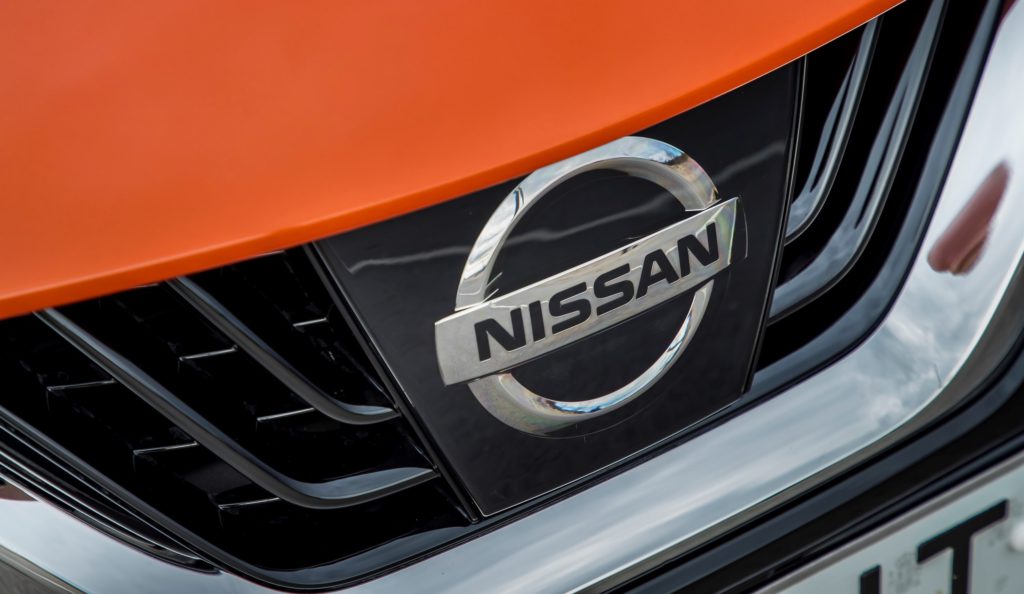Nissan admits to emissions data falsification in Japan
09 July 2018

9 July 2018
Japanese vehicle manufacturer Nissan has said it improperly measured exhaust emissions and fuel economy for 19 vehicle models sold in the country.
The company’s disclosure follows a similar report last year when it was found that inspectors looking at vehicles before leaving production facilities in Japan were not properly trained. This led to the recall of around 1.2 million vehicles and was part of a wider issue with quality control procedures in the country at the time.
Nissan has now said that it had found sample test environments for emissions and fuel economy in final vehicle inspections at most of its factories in Japan were not in line with domestic standards, and that inspection reports were based on altered measurements.
This does not impact vehicles exported overseas, and applies solely to requirements intended purely for the Japanese market, Nissan said.
′This is a deep and serious issue for our company,’ COO Yasuhiro Yamauchi told reporters at a briefing.
′We realise that our compliance awareness remains lacking,’ he said, adding the company would carry out an investigation into the issue to determine the root causes, which it expects will take a month or more.
The issue was discovered during voluntary compliance checks it launched following last year’s vehicle inspection scandal and affects models including the Note, the subcompact hatchback which is Nissan’s top-selling model in Japan, and the Juke crossover.
Of around 2,200 sample tests performed at six plants producing Nissan vehicles, 1,200 at five locations showed some form of falsification, Nissan said.
The automaker discovered incidents in which vehicle driving speeds and durations, along with external temperatures, had not been in line with Japanese regulations for emissions testing, while testing equipment had not been calibrated properly. Mileage data was also overstated in some cases to make them appear better than it was.
According to currently available data, tampering incidents dated back to 2013 and involved ten employees, although Yamauchi said it was possible that older data may show the problem could go back further.
However, the carmaker has stated that in this instance, no recalls are necessary, as the misconduct has not compromised the safety of vehicles and mileage readings were in line with levels presented in product literature.
Rival Japanese manufacturer Subaru admitted in April to similar misconduct in its vehicle testing regime as the market reels from a number of scandals.
In October last year, alongside Nissan’s admission of improperly trained testers, automotive supplier Kobe Steel said it had falsified quality checks for products shipped to manufacturers including Nissan, Toyota, Mitsubishi and Mazda, as well as foreign clients Ford and General Motors.